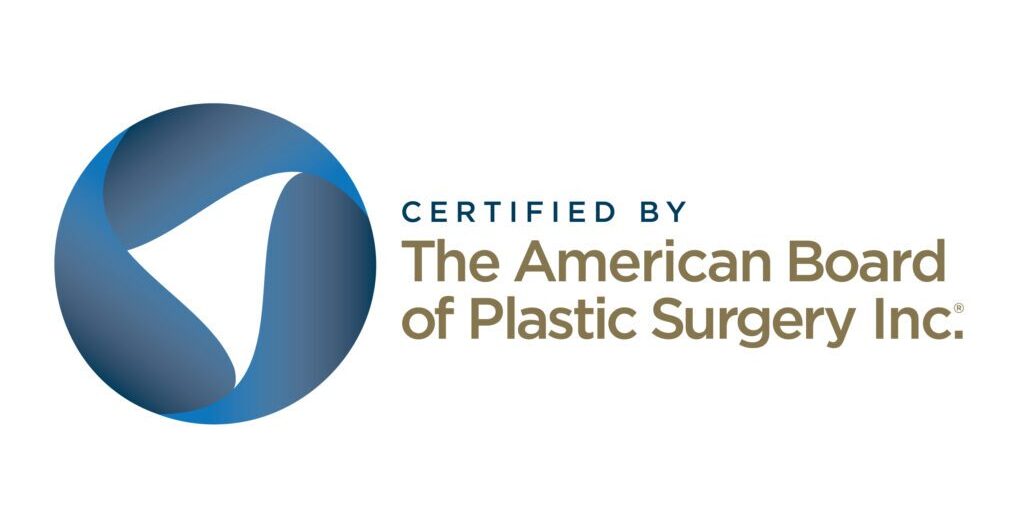When searching for a plastic surgeon in the United States, it’s common to see the expression “board certified” next to the doctor’s name. The problem arises when patients try to understand what this term actually indicates.
Not every physician performing cosmetic procedures in the U.S. is certified by a recognized board, and this difference can directly affect both safety and results.
That’s why understanding what board certified really means helps patients make more informed decisions before undergoing any procedure.
What the term “board certified” means in practice
The term “board certified” indicates that the physician has completed a specific training and evaluation process within their specialty.
In plastic surgery, this certification is granted by the American Board of Plastic Surgery (ABPS), which is officially recognized by the American Board of Medical Specialties (ABMS).
Being certified by one of these boards means the professional has completed medical residency, specialized plastic surgery training, and passed rigorous written and practical examinations.
Difference between a board-certified plastic surgeon and other types of doctors
Many patients believe that every professional who performs cosmetic surgeries has the same qualifications. That rarely happens.
Some physicians from other specialties — such as dermatology, gynecology, or general surgery — offer aesthetic procedures but are not certified by the American Board of Plastic Surgery (ABPS).
The confusion grows because terms like “cosmetic surgeon” and “plastic surgeon” are often used interchangeably, even though they represent completely different training backgrounds.
| Type of professional | Recognized certification | Training in plastic surgery | Authorized procedures |
| Plastic Surgeon (ABPS) | American Board of Plastic Surgery | Yes, 6–8 years of specialized training | Aesthetic and reconstructive surgeries |
| Cosmetic Surgeon | American Board of Cosmetic Surgery (not recognized by the ABMS) | Partial or variable | Only aesthetic procedures |
| Physician from another specialty | No plastic surgery certification | No | Limited, usually non-surgical procedures |
Understanding these differences helps patients identify which professionals truly have complete training in anatomy, reconstruction, and safe aesthetic techniques.
Board certified versus board eligible: do you know the difference?
Many patients confuse these terms, but the distinction can have significant implications. A “board eligible” surgeon has completed the required education and training but has not yet passed the certification exams from the American Board of Plastic Surgery (ABPS). Some doctors remain “eligible” for years without ever completing the process.
The American Society of Plastic Surgeons (ASPS) has published guidelines stating that patients should prioritize surgeons who have already obtained full certification. After all, if a physician has not passed the exams after years of practice, it may raise concerns about their technical competence or commitment to high professional standards.
Read more:
👉 How to choose the best plastic surgeon for a face lift in Miami
How the certification process works
The path to becoming a board-certified plastic surgeon involves several steps. The physician must complete medical school, go through a general surgery residency, and then undertake an additional residency program in plastic surgery.
After this training, the candidate takes written and oral exams administered by the American Board of Plastic Surgery (ABPS), which assess technical knowledge and practical skills in real-life situations.
It’s estimated that only about 7,000 plastic surgeons in the United States hold ABPS certification. In addition, this certification requires periodic recertification, which ensures that professionals stay up to date with new techniques and safety protocols.
Read more:
👉 What Questions Should I Ask During a Plastic Surgery Consultation?
How to verify if a surgeon is truly board certified
There are simple ways to confirm whether a professional is certified by a recognized board.
Patients can search directly on the official websites:
- www.certificationmatters.org (American Board of Medical Specialties)
- www.abplasticsurgery.org (American Board of Plastic Surgery)
These platforms display the physician’s current certification status and area of specialization.
Making an informed decision
Before scheduling any procedure, take the time to investigate the surgeon’s credentials. Visit the websites mentioned earlier, read reviews from multiple sources, and schedule consultations with at least two board-certified surgeons to compare their recommendations.
The right surgeon will be happy to explain their approach, answer your questions, and present their qualifications transparently.
Your body deserves the best care available, and understanding what board certified really mean represents the first step toward ensuring that you receive it.



